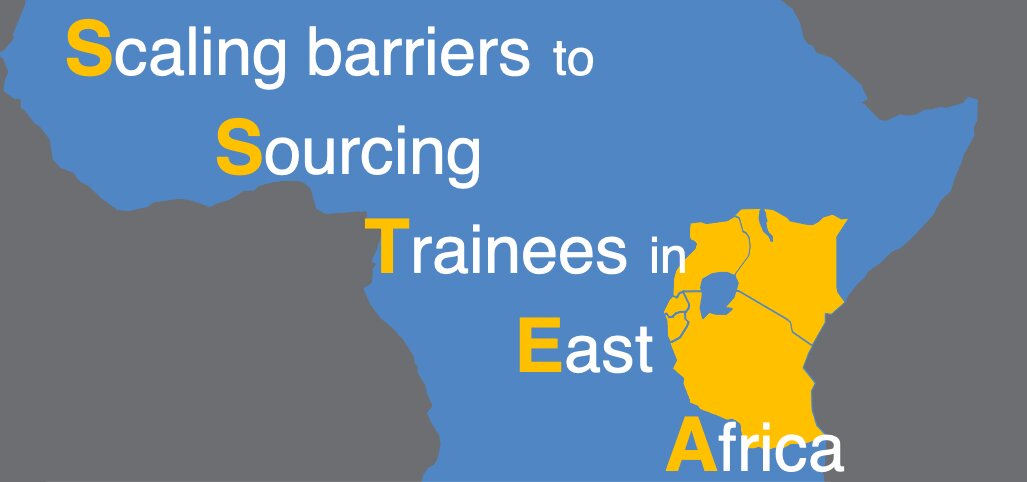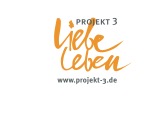Ensuring A Sustainable Pool of Nursing Professionals

Current Situation
The German labour market is increasingly characterised by a wide-spread scarcity of qualified labour. The nursing profession is one of the sectors most heavily afflicted by labour shortages. Different studies predict a shortfall of up to 500.000 nurses in Germany by the year 2030. Recruiting nurses from abroad is one option to increase the labour force in Germany. However, due to various factors, efforts to attract and integrate foreign nurse have been only partially successful.
Project Objectives
Instead of sourcing qualified nurses internationally, another approach is to prepare people in their home country as to successfully participate in an apprenticeship to become a qualified nurse in Germany. The aim of this project is to investigate, what kind of structures and processes would have to be established in order to annually prepare 5.000 young people in East Africa for an apprenticeship as a nurse in Germany. In particular, we address the questions on how to select, and how to prepare the participants in terms of language and intercultural skills as well basic nursing skills so that the participants of the programme will not only successfully complete their training in Germany but also feel at home in Germany – both professionally as well as personally. Building on previous pilot schemes, we are particularly interested in identifying those elements in the sourcing and training process that act as barriers to scaling up to a large number of participants in the programme.
In a later stage, the concepts developed for the nursing profession will be extended to other professions that face significant labour shortages in Germany.
Why Kenya?
For various reasons, Kenya is ideally suited as a source for potential apprentices. For once, given a population of 51.4 million and an annual population growth of 2.6%, Kenya has a sufficiently large pool of labour. Furthermore, by African standards, the Kenyan educational system is well advanced. About 82% of all pupils stay at school until grade 12. However, only 13% of all students have the opportunity to go to university or join a training programme at a tertiary level. Therefore, the Kenyan educational system provides a large number of students that – while qualified for professional training – lack the opportunity to receive this type of training at home. Last, but not least, Kenya can serve as a base to expand this programme to Tanzania, Ruanda and Uganda, countries that are culturally and linguistically similar.
Process for Sourcing Apprentices from East Africa
The question of scalability will be investigated using a five step process:
Phase 1: Selection in Kenya
Tasks:
- Aptitude testing for selection participants
Issues to be Investigated:
By using a standardized aptitude test, how can the quality of the selection process be improved
The aptitude test aims at identifying the
- relevant cognitive abilities
- potenital for cultural integration
- inherent interest in working in the nursing profession
Phase 2: Preparation in Kenya (5 months)
Tasks:
- German language skills at the B2 level are a prerequisite for joining the programme
- Teaching additional medical terminology
- Intercultural training for working and living in Germany
- Training in basic nursing skills
Issues to be Investigated:
What are the elements of the curriculum, what are the teaching formats that ensure an effective preparation for the apprenticeship in Germany?
Phase 3: Administrative processes
Tasks:
- Visa
- Work permit
Issues to be Investigated:
How can a process be designed that minimizes the administrative burden for both the participants in East Africa as well the prospective employers in Germany?
Phase 4: Apprenticeship in Germany (3 years)
Tasks:
- Training to become a qualified nurse (Pflegefachfrau / Pflegefachmann) at a hospital or senior citizen home in Germany
Issues to be Investigated:
What accompanying activities support the successful completion of the apprenticeship?
Phase 5: Integration in Germany
Tasks:
- Supporting the participants with integrating in Germany professionally and personally?
Issues to be Investigated:
What concepts for integration prove successful?
Admission processes and entry requirements
Project Partners
The research network is currently in the formative stages. Further partners are currently being acquired.
• For more than 25 years, arbquest Befragungssysteme has been developing fully customisable, target group specific and scientifically based psychometric aptitude diagnostics.
• arbquest Befragungssysteme will be responsible for developing the aptitudes tests used for selecting the participants in the programme.
• Including the Kenyan diaspora is crucial for developing programmes that adequately take conditions both in Kenya and Germany into account
• AG-Career Hub founded by Kenyan Professionals based in Germany is an information and consultinx^g platform with a key focus of establishing linkages to facilitate partnerships and collaborations with companies, universities and diaspora communities in Germany and in Africa.
• AG-Career Hubs supports the establishment of the research network with its expansive list of contacts both in Kenya and the Kenyan diaspora in Germany





